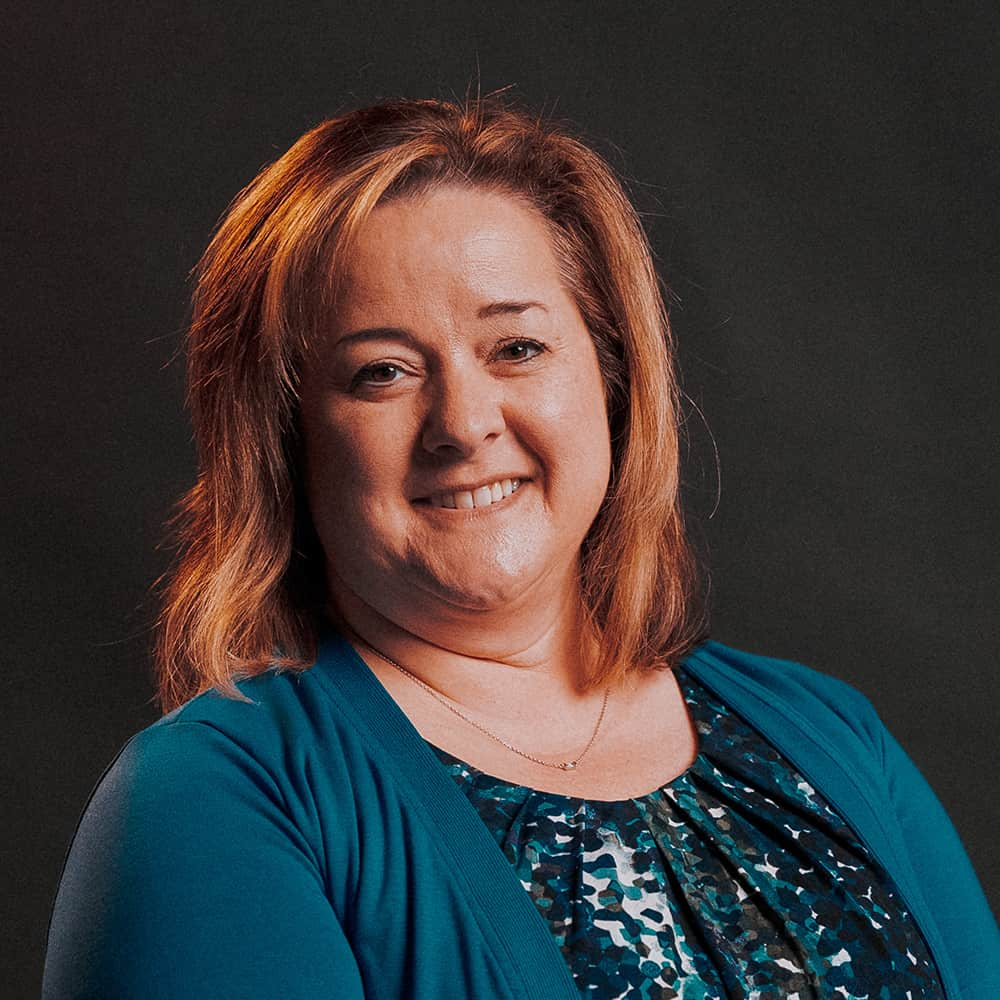Buying a home is probably one of the most significant investments you’ll ever make. It’s important to remember that what you can buy doesn’t always equate to what you may have available in your budget plans. Determining how much house you can afford involves a lot more than just the down payment. That’s why we’ve gathered what really goes into buying a house to help you prepare to make your house a home.
Costs of Buying a House
When it comes to the costs associated with buying a house, the down payment is where a sizable chunk of your money will go, but ongoing expenses like the mortgage payment, property taxes and homeowners insurance will also add up quickly.
So, how much should you budget when buying a house? It will ultimately depend on your location and house price, but there are ways you can estimate the total price tag.
Upfront Costs
Down Payment
While putting 20% of the selling price down is ideal, new home buyers most likely don’t have that pile of cash available. Luckily, there are home buyer programs that require less down payment. Check out the Centris Down Payment Calculator to estimate how much you’d need to put down.
Closing Costs
Closing is when the property title gets officially transferred to you. While home buying closing costs can vary depending on where you live and your loan type, they’re typically 2-5% of the house purchase price.
Inspection Costs
In today’s home buying economy, inspections may be left off the negotiating table, but it is something to strongly consider. Inspections can give you a legal way to back out of the purchase if any substantial problems are discovered. Plus, if minor issues arise, you can likely negotiate with the seller to do some work or bring the purchase price down. Inspection costs will vary depending on the house size, location and what you’d like inspected. According to the U.S. Department of Housing and Urban Development, inspection costs are typically around $300-$500.
Ongoing Costs
Mortgage
Once you get your dream home, you’ll have to start paying back your mortgage. Your mortgage payments will vary depending on the price of your home and your type of mortgage. You can use our Mortgage Calculator to help estimate how much your payments will be. Our Mortgage Loan Originators can also help find a mortgage type that works best for you.
Property Taxes
Property taxes are usually calculated as a percentage of your home’s assessed value. These will vary depending on the location of your home. For example, in Nebraska, the Omaha area has an average property tax rate of 2.6%. This rate will vary between counties.
Homeowners Insurance
Homeowners insurance covers losses and damages to your residence and some assets inside the home and is mandatory by mortgage lenders. Homeowners insurance will vary greatly depending on house size, how much coverage you need and location. According to Nerdwallet’s 2022 analysis, the average cost of homeowners insurance in the U.S. is about $1,784 per year.
Home Maintenance
At some point, your new home will need maintenance, whether that be regular maintenance like yard work or more extensive projects like a new roof. You’ll need to account for such expenses when figuring out what you can afford. According to Home Light, the average annual home maintenance costs can range from $950 to $9,820.
Budgeting Tips for Buying a Home
Determine How Much House You Can Afford
Using our Mortgage Calculator is a great rough estimate tool for your first time home buyer budget. Once you’re ready to dive deeper into what financing a home looks like, our Mortgage Loan Originators are here to help!
Start Saving for a Down Payment
While putting down 20% might not be in your home buying budget, the more you save and put down, the better.
Remember Day-to-Day Needs
Make sure you budget for the items you will need to care for a home such as a lawn mower, snow blower, garden hose, sprinkler system, etc. These can add up quickly so it’s good to set aside a budget for these needs.
Save Money for Emergencies
Accidents and natural disasters happen. Having extra money tucked away could mean all the difference in getting your home back in tip-top shape.
As you prepare for this exciting time in your life, it is very important to have a mortgage lender you can trust with your financials and who will steer you on the right path. Let Centris Federal Credit Union be your trusted local mortgage experts. Visit our website to get in contact with a mortgage expert today!





